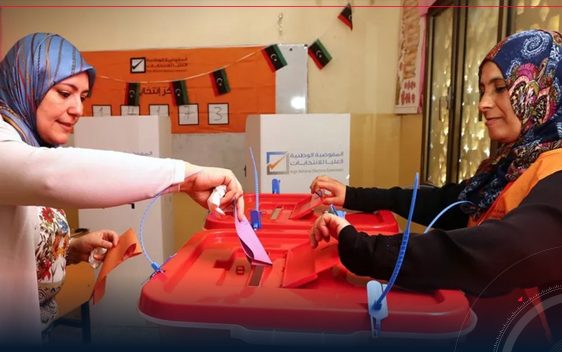Libyan political analyst Abdulsalam Shabik commented on the high participation rate in the municipal elections, which reached 71 per cent, considering that it carries very important connotations.
This percentage reflects the Libyan street’s adherence to the ballot box option as a means of change and stability, despite the challenges and political divisions.
The large turnout is a clear message to the political factions that the people are ahead of them in their desire for elections, and that any attempt to postpone or disrupt the national entitlements will not be acceptable, either popularly or internationally.
The turnout may support the work of UN envoy Hannah Tetteh, and may prompt the international community to exert greater pressure to expedite the presidential and parliamentary elections, Shabik said. But the real challenge is whether local parties are serious about responding to this popular momentum and have the political will to find a consensual platform to end the state of division, he said.
If the UN envoy manages the phase well and is able to create international guarantees for the elections, the success of the municipal elections will indeed be a preliminary step towards the major elections, and may open the door to a new phase of political stability and the unification of institutions, Shabik said.
